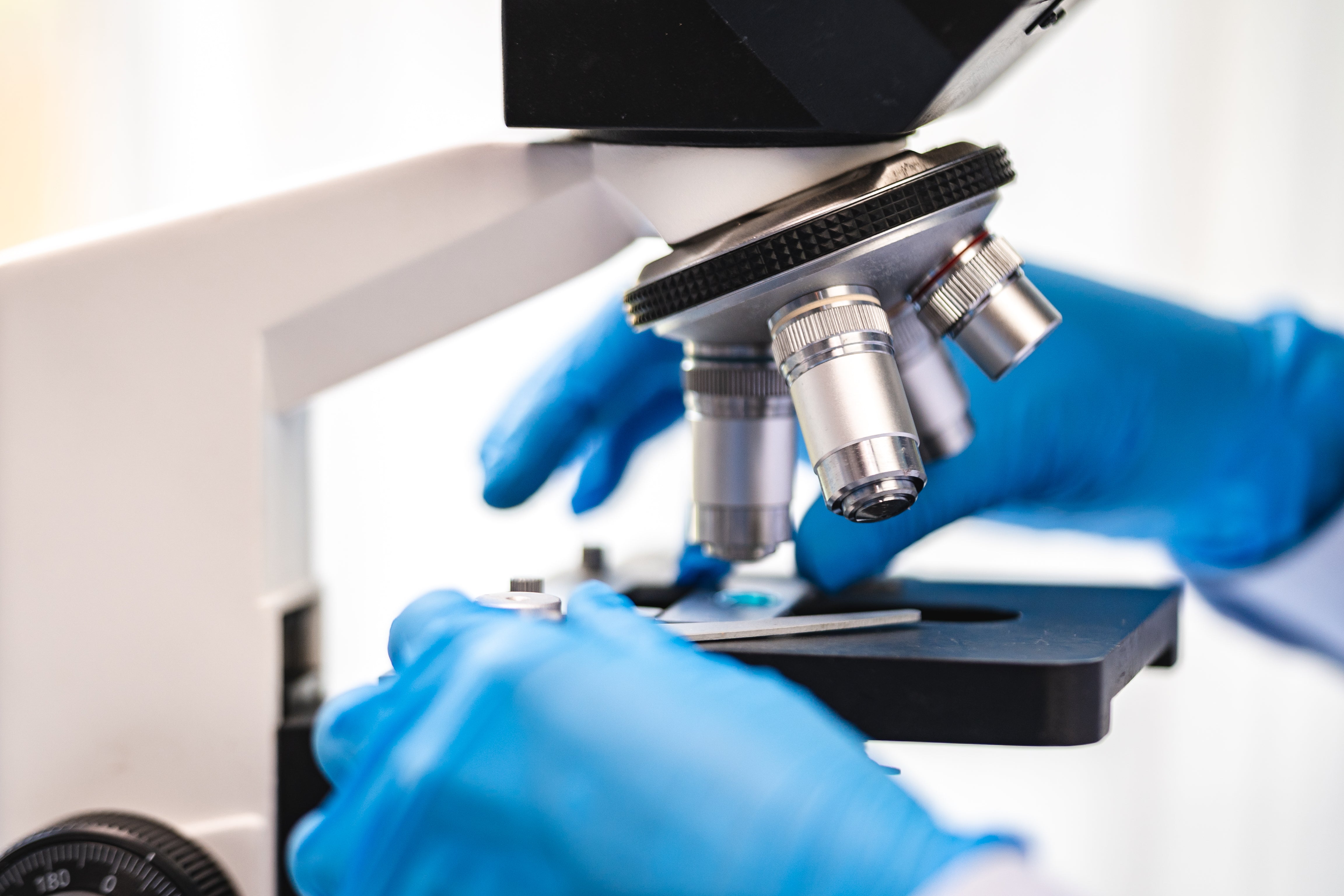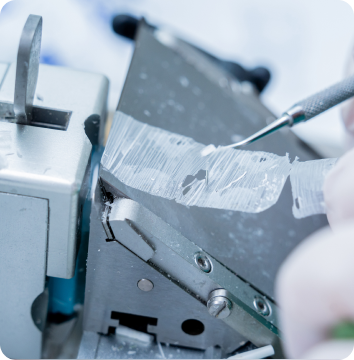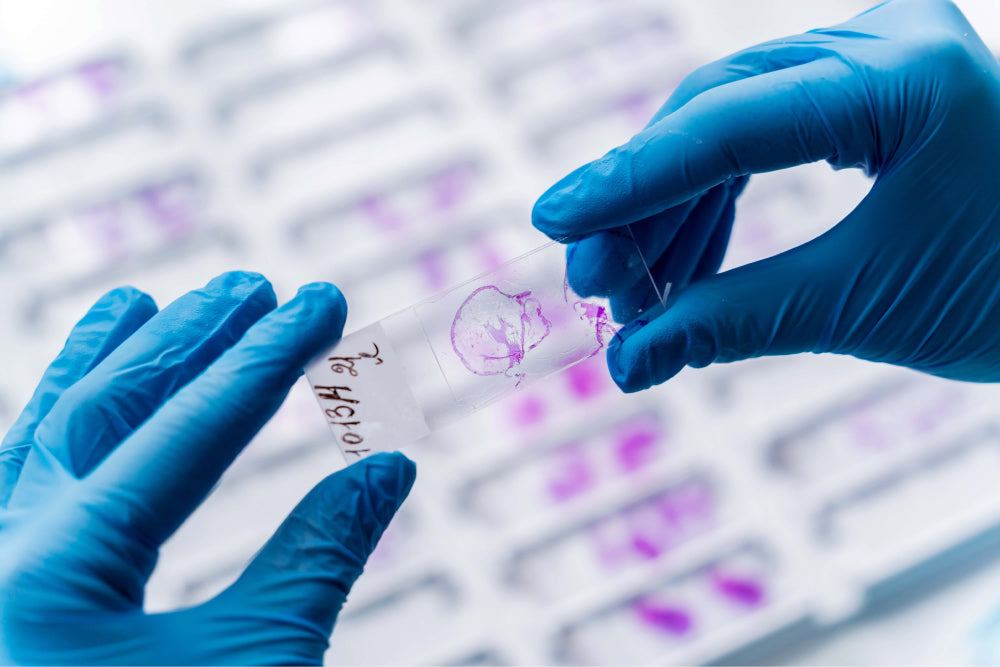
Navigating the New FDA Regulations for Laboratory Developed Tests (LDTs): What Histologists Need to Know
As a histologist, staying on top of regulatory changes is crucial for maintaining compliance and ensuring the smooth operation of your laboratory. One of the most pressing topics in the industry right now is the recent changes to the regulations surrounding Laboratory Developed Tests (LDTs), as introduced by the U.S. Food and Drug Administration (FDA).
If these new LDT requirements are not overturned, laboratories running Immunohistochemistry (IHC) and other specialized tests may face significant challenges, including increased paperwork, labor, and consulting or attorney expenses starting in 2025. This blog post will break down what you need to know about these new regulations and how they could impact your lab.
What Are Laboratory Developed Tests (LDTs)?
Laboratory Developed Tests (LDTs) are diagnostic tests that are designed, manufactured, and used within a single laboratory. These tests are critical in the diagnosis and treatment of various diseases, including cancer, genetic disorders, and infectious diseases. Traditionally, LDTs have not been subject to the same regulatory scrutiny as tests that are commercially manufactured and sold by diagnostic companies, giving laboratories greater flexibility in their development and use.
The FDA's New Regulations for LDTs
In recent years, the FDA has proposed increased oversight of LDTs to ensure their safety and effectiveness. The most recent regulations, which are expected to take effect in 2025 unless overturned, would require LDTs to undergo a premarket review process similar to that of other in vitro diagnostic tests. This includes:
- Premarket Approval (PMA) or 510(k) Clearance: Laboratories will need to submit data to the FDA demonstrating that their LDTs are safe and effective for their intended use.
- Good Manufacturing Practices (GMP): Labs will be required to adhere to more stringent manufacturing standards.
- Quality System Regulation (QSR): Laboratories will need to implement and maintain a quality management system to ensure consistent test performance.
These changes represent a significant shift from the current regulatory environment, where LDTs have operated under a framework of enforcement discretion by the FDA.
Impact on Histology Labs Running IHCs
For histology labs running IHCs and other LDTs, these new regulations could mean:
- Increased Paperwork: Labs will need to prepare and maintain extensive documentation to comply with FDA regulations, including test validation data, standard operating procedures, and quality control records.
- Labor Costs: Additional labor may be required to manage the increased administrative burden, including tasks related to compliance, quality assurance, and regulatory submissions.
- Consulting and Legal Expenses: Many labs may need to hire consultants or legal experts to navigate the complex regulatory landscape and ensure that their LDTs meet FDA requirements.
Preparing for the Future
While the new FDA regulations for LDTs have not yet been finalized, it's important for laboratories to begin preparing now. This might include:
- Reviewing Current LDTs: Evaluate which of your current tests will be impacted by the new regulations and begin gathering the necessary documentation.
- Investing in Quality Systems: Consider upgrading your laboratory’s quality management systems to meet the anticipated requirements.
- Seeking Legal and Regulatory Advice: Engage with consultants and legal experts who specialize in FDA regulations to help guide your lab through the upcoming changes.
Conclusion
The impending FDA regulations for LDTs could bring about significant changes for histology labs, particularly those running IHCs. By staying informed and proactively preparing, you can mitigate the impact of these changes on your lab. Keep an eye on developments and consider consulting with regulatory experts to ensure your lab remains compliant.
Resources:
- FDA Guidance on LDTs: FDA's Regulatory Oversight of Laboratory Developed Tests (LDTs)
- American Clinical Laboratory Association (ACLA): ACLA's Position on LDT Regulation
- MedTech Dive: New FDA LDT Regulations Overview


